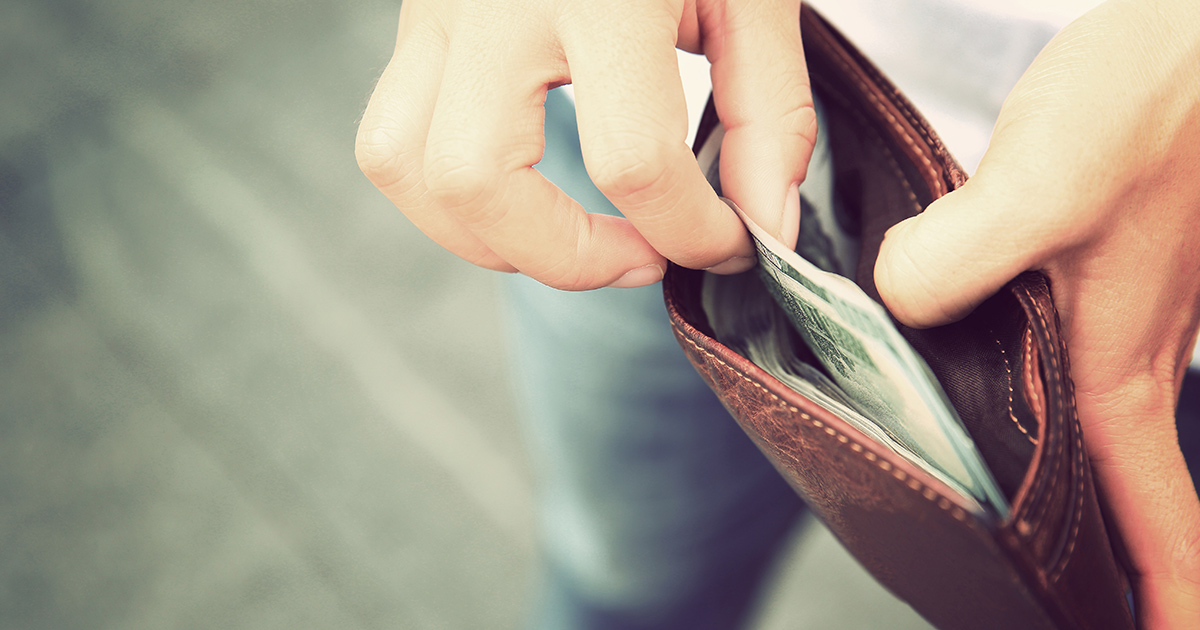How To Eliminate Debt Quickly And Save Money
Jan 07, 2024 By Susan Kelly
Getting out from under your debts fast might help you save a lot of cash. There is a desire to get out of debt, and the reasons for doing so are straightforward for many individuals. Often, it comes down to simple planning.
Several short options exist for reducing debt. Make sure you know the early payment penalties and incentives any potential lenders offer before making a final decision. For the lender to correctly credit your account, they may impose prepayment costs or request further information.
Do Premature Loan Payments Make Sense?

Although eliminating debt is usually a good plan, there are situations when it's not the best choice. There are benefits to paying off debt quickly, such as lowering interest payments and freeing up capital for other uses. If you need to accelerate payments, ensure you have the money in an emergency fund.
Paying a loan may not be beneficial if the interest rate is already relatively low. It's a nice feeling for some people to be debt-free finally. Prepaying low-interest debt might be aided by investing the money in something with a greater projected return, such as real estate or other financial instruments.
Knowing how much money you can save is a great way to increase your motivation. Check out your loan timeline using an amortization calculator, a pre-made Excel loan calculator, or do the math by hand.
Put Money In The Mail

You are putting extra money toward your debts whenever possible is the quickest and easiest way to reduce them faster. This is the most difficult to do since it necessitates self-control. An automatic method might be helpful if you know you won't follow through.
If you like to take life by the seat of your trousers and are sure that you can settle your financial obligations on your own, you may do so by making larger payments. Write "Apply to the principal" on the memo line of the cheque you're sending.
That way, your lender won't misunderstand your intent and can get in touch with you if they have any questions about the extra payment. Ensure your instructions were understood and followed by checking in after the first few payments.
To Make An Additional Payment of
Adding payment once a year will help you pay off your loans sooner. Pay an additional $1,200 on your $1,200 monthly payment at any point in the year. You may utilize some of the cash you've received from an unexpected bonus or tax return.
It may be challenging to come up with the extra money if you're like most individuals. One option is to make the additional payment in installments during the year. Then, double that number by 12 and add it to your monthly income. Your original price of $1,200 has increased to $1,300.
Pay Off Debt With Biweekly Payments
Debt can be paid off more quickly if payments are made every two weeks instead of monthly. Your annual costs will increase by the same amount as this one. Biweekly debt payments shouldn't have a significant impact on your regular budget. However, the interest you save by paying off the debt gradually over time will add up to a substantial sum.
Provided by Lenders, Debt Reduction Programs
Lenders may provide various debt relief programs to assist borrowers like you pay off debt faster. Be wary of any hidden costs associated with using these programs. Just pay the price if you think it's fair to do so.
If the expenses bother you, look for ways to spend more without incurring the fees. In the online bill payment service provided by your bank, you can arrange for payments to be sent on a regular schedule, such as monthly. Include a message reading "Apply to the principal."
Your lender isn't the only business that will gladly accept payment for a debt-reduction plan. Software and automated solutions are for sale to simplify your life. Unless you have a severe issue with discipline, you probably don't require these services.
Conclusion
It's not too late to take control of your financial situation if you've been overwhelmed by increasing debt. Try not to incur further debt by making a budget, saving money, and living frugally.
Paying down one loan at a time is typically the most effective strategy. Determine which of your debts, such as a school loan, mortgage, or credit card, has the highest interest rate, and focus on eliminating that one first. As a result, you won't have to worry about falling behind on other bills.
You're paying off your credit card debt or your student loans or going without food because you can't afford rent. Paying off debt as quickly as possible is a critical first step toward achieving financial independence.





